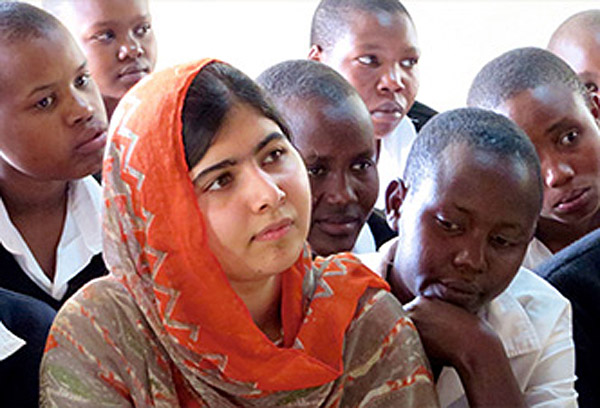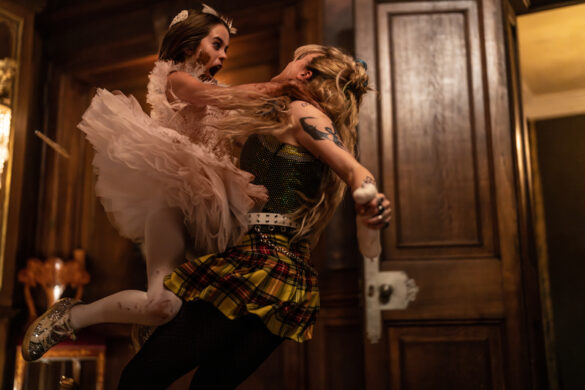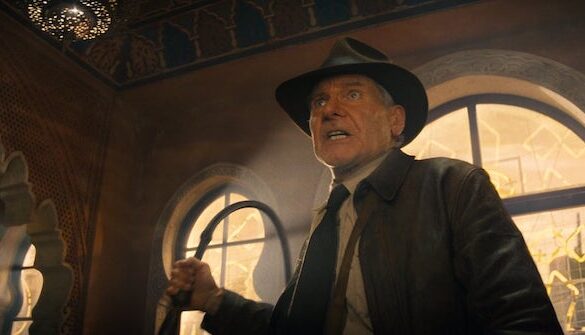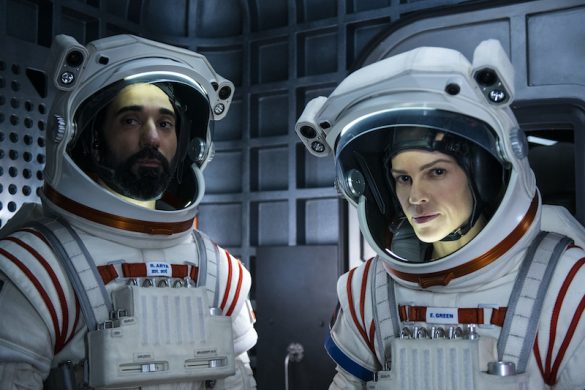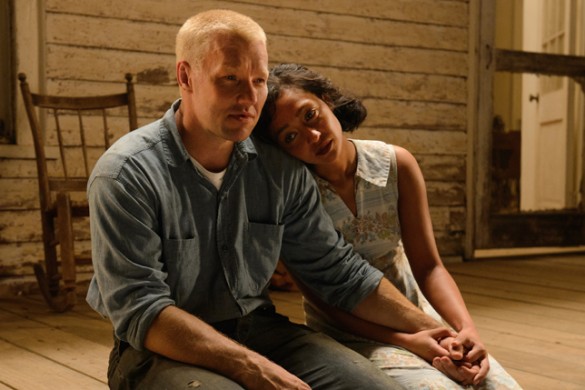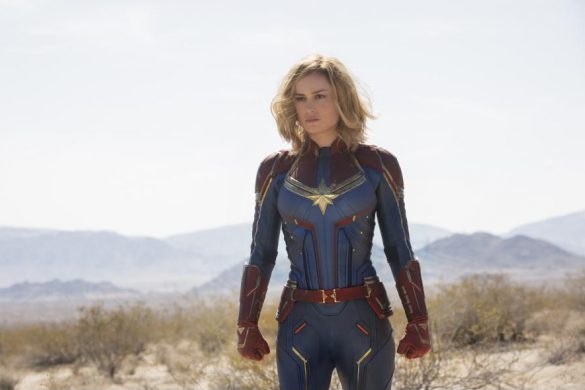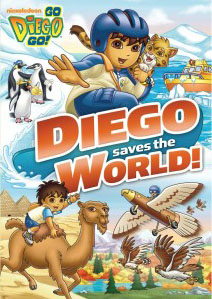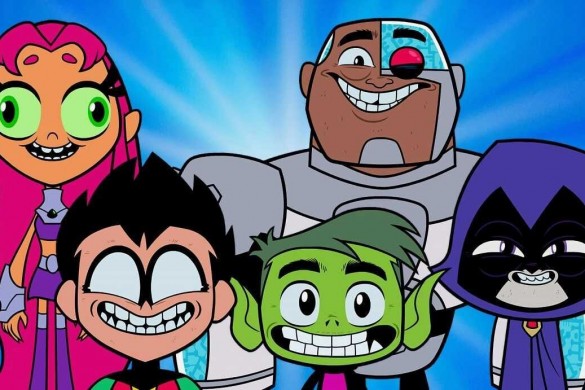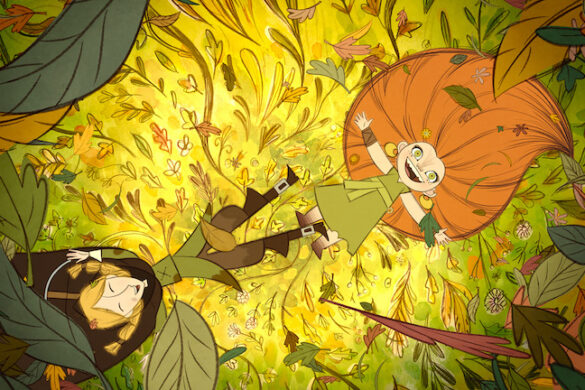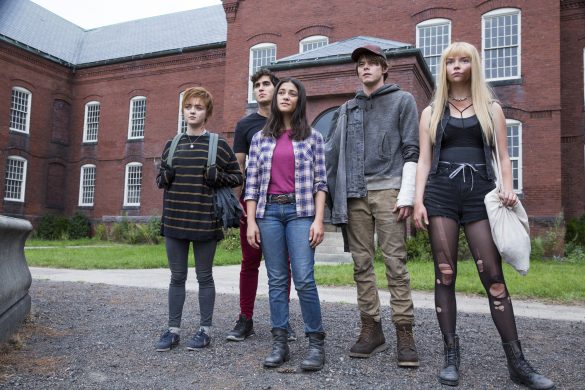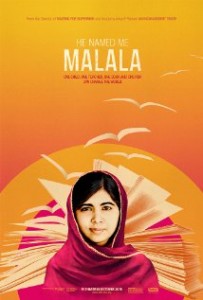 One of the most important films of last year is Davis Guggenheim’s documentary ‘He Named Me Malala’ centered around youth activist Malala Yousafzai. As a young woman speaking out on the rights for women to seek an education in a nation fraught with political extremism, her voice was almost extinguished when the Taliban attempted to assassinate her. Her incredible story of peaceful resilience in the face of violent action shows why at the age of 17 she was awarded the Nobel Peace Prize.
One of the most important films of last year is Davis Guggenheim’s documentary ‘He Named Me Malala’ centered around youth activist Malala Yousafzai. As a young woman speaking out on the rights for women to seek an education in a nation fraught with political extremism, her voice was almost extinguished when the Taliban attempted to assassinate her. Her incredible story of peaceful resilience in the face of violent action shows why at the age of 17 she was awarded the Nobel Peace Prize.
In the film we see her story, the courage of her family in supporting her right to an education even after surviving the bullet in the head the Taliban put there to stop her and her continued effort, which after that fateful incident garnered a global platform, to fight for women seeking education around the world. If I could share the four most important things I have learned from Malala that I would like to take with me and encourage you to as well.
Learn:
“Let us pick up our books and our pens,” I said. “They are our most powerful weapons. One child, one teacher, one book and one pen can change the world.”
Malala’s father is a teacher and activist, from a young age little Malala would sit in on classes and was nurtured by the education her father’s school granted her. Growing up in an environment where you learn about the world through a curriculum just like many boys and girls around the world, showed Malala that those around her forbidden to do so also had that right.
Teach:
“In Pakistan when women say they want independence, people think this means we don’t want to obey our fathers, brothers or husbands. But it does not mean that. It means we want to make decisions for ourselves. We want to be free to go to school or to go to work. Nowhere is it written in the Quran that a woman should be dependent on a man. The word has not come down from the heavens to tell us that every woman should listen to a man.”
She started in her community, inspiring women around her to learn and be independent because nothing in their religion explicitly stated they could not. It was just the men in power who corrupted scripture to dehumanize women, much like most major religions. Malala taught the truth peacefully in her country.
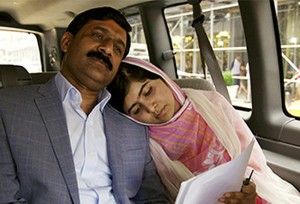 Speak Up:
Speak Up:
“Like my father I’ve always been a daydreamer, and sometimes I’d imagine that on the way home a terrorist might jump out and shoot me on those steps. I wondered what I would do. Maybe I’d take off my shoes and hit him, but then I’d think if I did that there would be no difference between me and a terrorist. It would be better to plead, “OK, shoot me, but first listen to me. What you are doing is wrong. I’m not against you personally, I just want every girl to go to school.”
Before that fateful day when the Taliban boarded her school bus to kill her, these were her thoughts. They had issued threats against this girl who shone a light on creating positive change for those oppressed and denied basic human rights. When she was gunned down and survived, Malala’s story of survival suddenly erupted in global news. It goes to show that sometimes acting against a revolution, only elevates it’s cause.
Keep Fighting:
“There are hundreds of Human rights activists and social workers who are not only speaking for human rights, but who are struggling to achieve their goals of education, peace and equality. Thousands of people have been killed by the terrorists and millions have been injured. I am just one of them. So here I stand…one girl among many. I speak – not for myself, but for all girls and boys. I raise up my voice – not so that I can shout, but so that those without a voice can be heard. Those who have fought for their rights: Their right to live in peace. Their right to be treated with dignity. Their right to equality of opportunity. Their right to be educated.”
Malala doesn’t want to be remembered as the girl who got shot by the terrorists, she wants to dedicate her story and life to furthering the cause of education for everyone everywhere. Her voice and experience has given her a global platform to help those unfamiliar with the state of education empathize and support the cause. In watching ‘He Named Me Malala’, you get a close look at the life of a young woman that’s so utterly relatable, her family is like your family and her dreams could be yours. You are inspired by her courage to keep fighting after tragedy to help bring triumph for those who seek to learn.
‘He Named Me Malala’ is available now to own!

